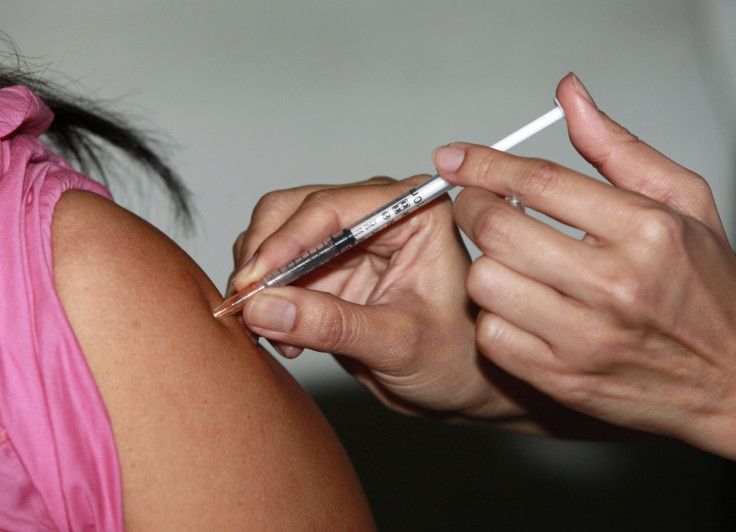Leaky vaccines help more virulent viruses evolve

Some vaccines have been found to make some viruses more harmful via evolution, a new study has warned.
The report, published in PLOS Biology, states that experiments with herpesvirus – a large family of DNA responsible for many diseases – shows some vaccines can only prove to make matters worse.
It says some vaccines could allow other virulent viruses to survive, which would put those individuals who have not been vaccinated at a greater risk.
Andrew Read, an author of the paper and professor of biology and entomology and Eberly Professor in biotechnology at Penn State University, said: "When a vaccine works perfectly, as do the childhood vaccines for smallpox, polio, mumps, rubella, and measles, it prevents vaccinated individuals from being sickened by the disease, and it also prevents them from transmitting the virus to others."
Our research demonstrates that the use of leaky vaccines can promote the evolution of nastier 'hot' viral strains that put unvaccinated individuals at greater risk
Venugopal Nair, report leader and head of the Avian Viral Diseases programme at the Pirbright Institute, added: "Our research demonstrates that another vaccine type allows extremely virulent forms of a virus to survive – like the one for Marek's disease in poultry, against which the poultry industry is heavily reliant on vaccination for disease control.
"These vaccines also allow the virulent virus to continue evolving precisely because they allow the vaccinated individuals, and therefore themselves, to survive."
The research paper goes on to say that vaccines that are not fully functional create a "leaky" barrier for the host, which means that some individuals can still get sick but with less virulent symptoms. However, because the person who has been vaccinated survives long enough to transmit to other people, the virus goes on and can spread through a population that has not been vaccinated against said disease.
Nair added: "In our tests of the leaky Marek's disease virus in groups of vaccinated and unvaccinated chickens, the unvaccinated died while those that were vaccinated survived and transmitted the virus to other birds left in contact with them. Our research demonstrates that the use of leaky vaccines can promote the evolution of nastier 'hot' viral strains that put unvaccinated individuals at greater risk."
Read warned against future vaccines, notably one for Ebola. He said: "Vaccines for human diseases are the least expensive, most-effective public-health interventions we ever have had. But the concern now is about the next-generation vaccines.
If the next-generation vaccines are leaky, they could drive the evolution of more-virulent strains of the virus. We do not want the evolution of viral diseases as deadly as Ebola evolving in the direction that our research has demonstrated is possible with less-than-perfect, leaky vaccines."
© Copyright IBTimes 2025. All rights reserved.






















